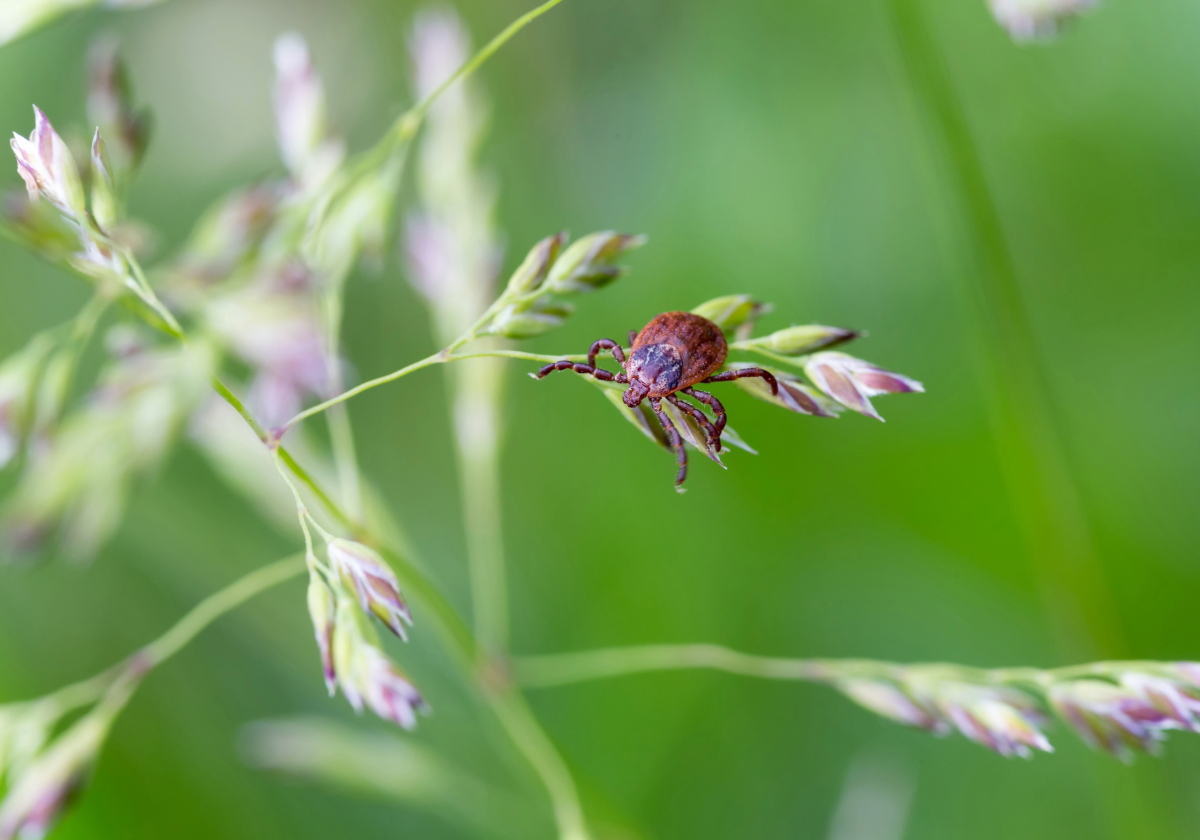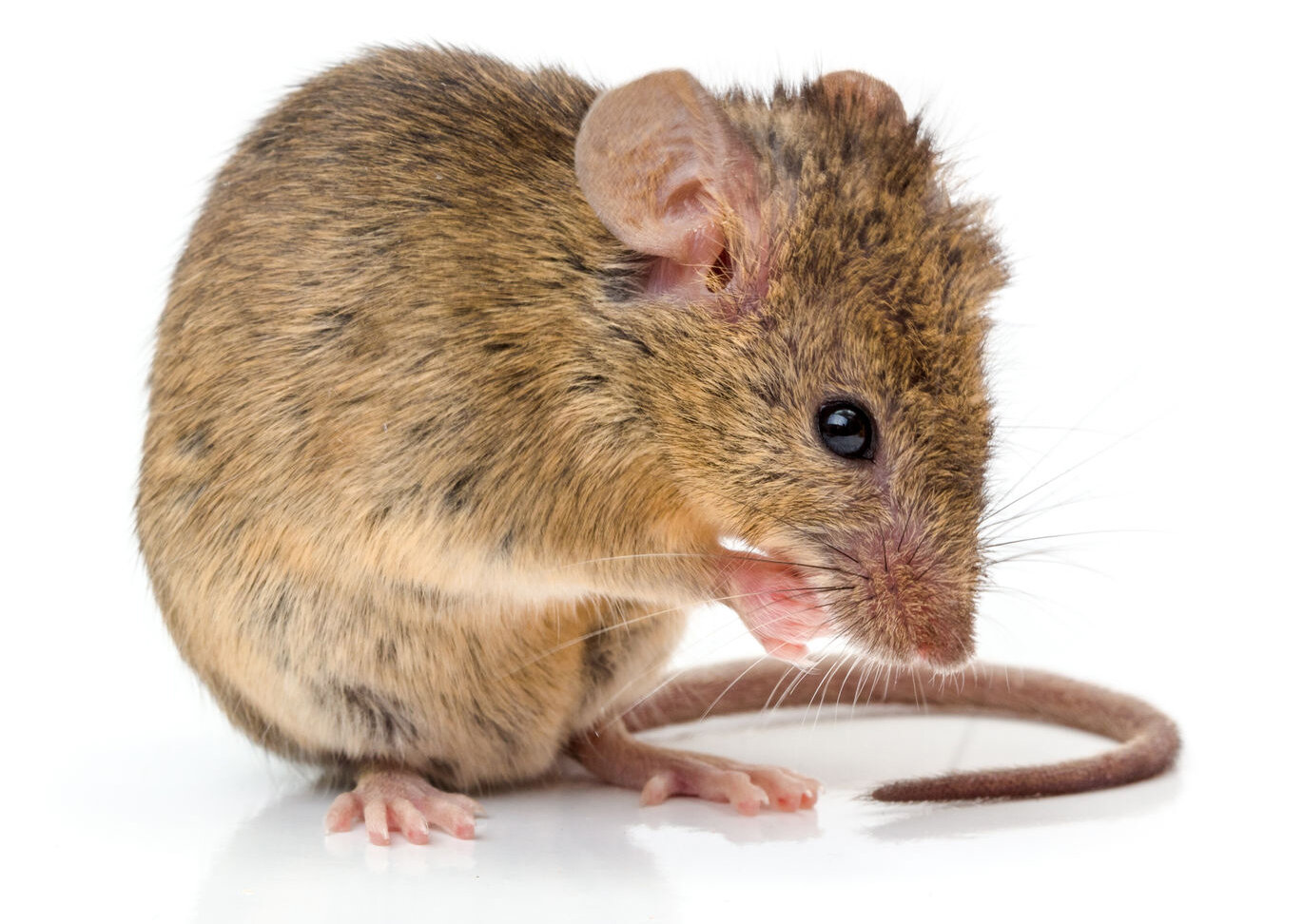Have you ever heard of the play, The Taming of the Shrew? If so, then you may have the idea that shrews need to be “tamed.” The fact is, many people don’t know what a shrew is or, perhaps more importantly, why they might need to be tamed. Are shrews violent, dangerous creatures? Hopefully, this article will shed some light on what shrews are, the problems they may cause, and what to do if they become pests on your property.
A shrew is a tiny, mouse-sized animal that looks like a rodent but is not. These cute little critters with their short, gray fur and their elongated snouts actually belong to the insectivore family and are one of the smallest mammal species on the planet. Shrews have a dense, uniformly-colored coat, tiny eyes, and five clawed toes on each foot. Often mistaken for mice, shrews only reach three to four inches in length (including the length of their tails) and weigh only a mere one to two ounces.
Since their diet consists of insects, shrews are generally happy to live in the wild. However, once winter arrives, they sometimes seek the shelter of garages and sheds and other outbuildings, or even basements.
Ways to tell these animals apart from mice is that their eyes are smaller, their snouts are more elongated, and their fur is more of a uniform color than mice. Mouse fur is typically bi-colored and they live in large groups. Shrews have solid-colored coats and live solitarily.
The Problem With Shrews
Although these tiny creatures may be beneficial in yards or gardens, they are definitely not welcome guests inside homes. These tiny creatures hunt continually and can kill and eat an animal up to five times larger than itself, with teeth that are sharp and well suited for tearing flesh. Aside from giving a fright to anyone encountering them, if they bite, that bite packs a punch! People bitten by a short tail shrew have reported that the pain from a shrew bite will last for several days. This is due to a venom that is secreted from their salivary glands.
How To Keep Shrews Out
Keeping shrews out of a home can be accomplished by employing rodent-proofing strategies around your home. Start by making sure your property is free of clutter and overgrowth. Trim vegetation well away from your foundation and walls. And seal up any gaps or cracks found in your foundation or outside walls. This will go a long way in keeping shrews and other household pests out.



